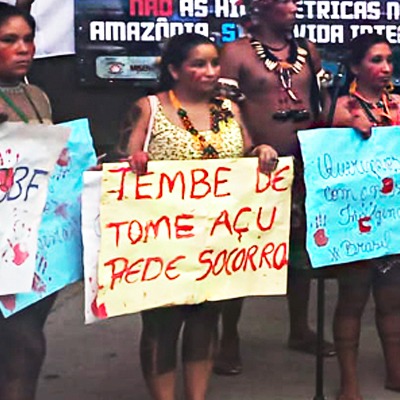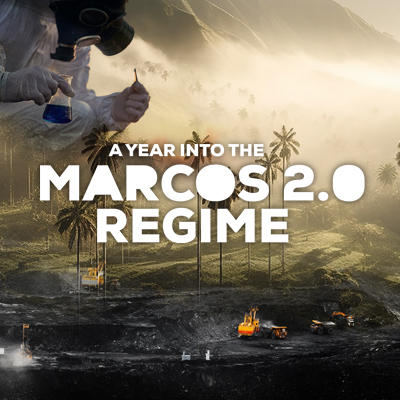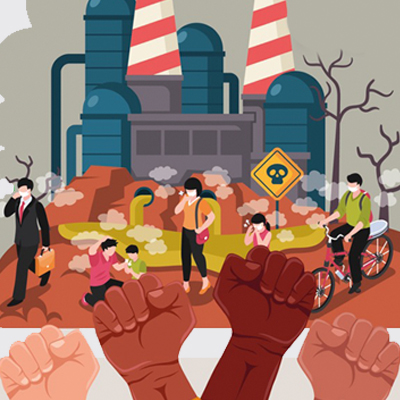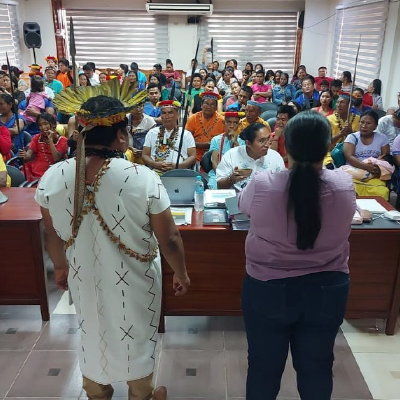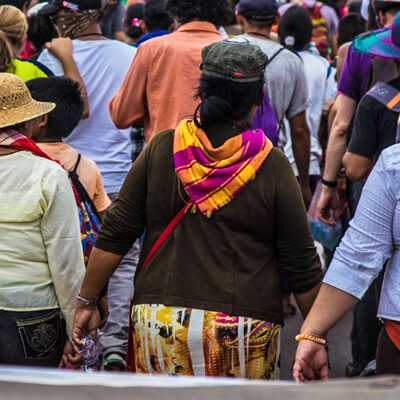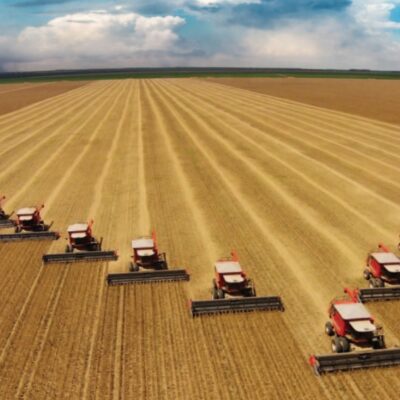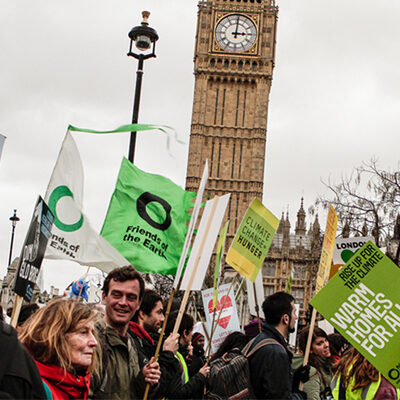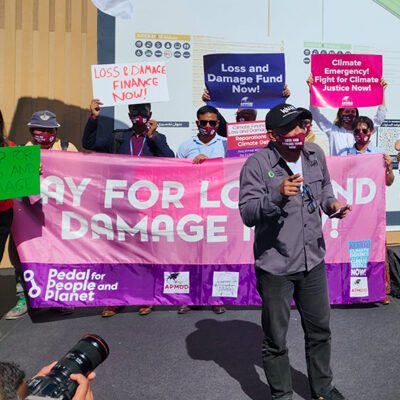
Opportunities and challenges ahead of 28th round of UN climate talks
The upcoming United Nations Conference of the Parties on Climate Change, COP 28, has been controversial from the outset: the United Arab Emirates (UAE), one of the world's largest oil producers, is designated as host country, and Sultan Ahmed al Jaber, CEO of the state-owned Abu Dhabi National Oil Company (ADNOC), as president of the global event. In addition, the…



